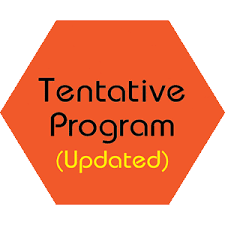
Miyuki Nishida, Ikuko Oikawa, Kaori Nio
Juntendo University, Tokyo Kasei University, Mie University, Japan
Title: Practical application of a self-reliance check and support sheet (SRCS) for children with chronic illness
Biography
Biography: Miyuki Nishida, Ikuko Oikawa, Kaori Nio
Abstract
Background: Owing to recent advances in pediatric healthcare, the life expectancy of children in Japan with chronic illness has improved remarkably. However, these children often face social and academic challenges due to long-term treatment and frequent hospitalization. Therefore, we developed a self-reliance check and support sheet (SRCS) to evaluate self-reliance in children and self-reliance support provided by parents. The sheet comprises five rows of developmental stages (from infancy to adolescence) and 77 checklist items. We investigated the feasibility of the SRCS in group sessions targeting clinical nurses, to maximize its utility.
Objective: To elucidate challenges associated with the practical use of the SRCS in children with chronic illness.
Methods: Consecutive group sessions targeting pediatric nurses and nursing instructors were held 4 times at the 2014–2017 Annual Conference of the Japanese Society of Child Health Nursing. In each session, the features of the SRCS were explained and its practicability was discussed.
Results: In total, 329 nurses and instructors participated during the 4-year study period. Most participants considered the SRCS as useful; pointing out that the sheet allows focused assessment of situations involving children and parents, allowing for appropriate intervention. They concluded that the sheet could serve as a common tool for specialists in public health, medical care, social welfare, and education. Challenges were to develop a user manual as well as separate tool for children and parents.
Discussion: To maximize the utility and practicability of the SRSS, it is necessary to develop a user manual and educate nurses further. Therefore, we plan to use the SRCS to clarify the characteristics of children with chronic illness for healthy upbringing starting in infancy, emphasizing the strengthening of a comprehensive support system promoting self-reliance and providing medical care that seamlessly transitions into adulthood.

